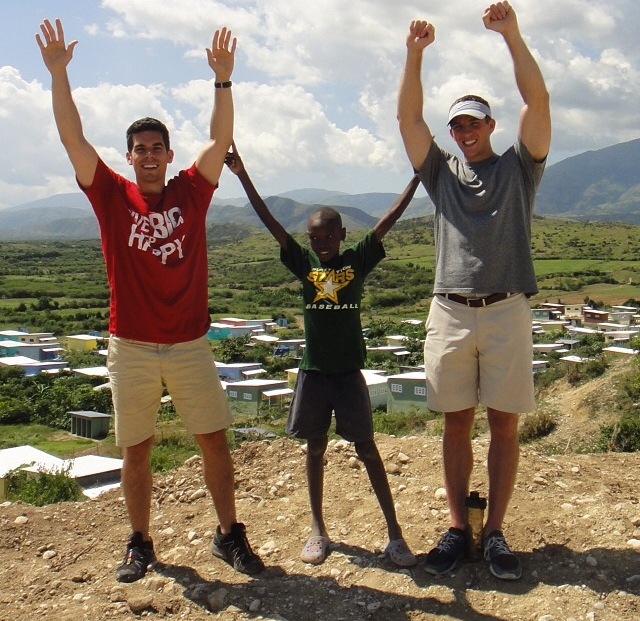What if you could improve access to education and clean water, just by shopping?
Hucksley launched a marketplace with the goal of letting you do just that.
The site features an array of products from emerging brands. Each item goes for a discounted price for a limited amount of time, flash-sale style, and 25 percent of every purchase you make goes to a participating charity.
“There is currently no way to discover and shop online while giving back at the same time, regardless of the brand you’re buying,” cofounder Brett Hagler told VentureBeat. “With Hucksley, you are no longer just clicking to buy a cool product. You’re now clicking to buy a cool product and helping improve lives around the world.”
June 5th: The AI Audit in NYC
Join us next week in NYC to engage with top executive leaders, delving into strategies for auditing AI models to ensure fairness, optimal performance, and ethical compliance across diverse organizations. Secure your attendance for this exclusive invite-only event.
Hagler said that there are two “megatrends” happening in e-commerce right now.
The first is the growth of discovery marketplaces such as Etsy, Fab, Poshmark, Pinterest, and Kickstarter that feature a variety of interesting products. The other: “Do-good” brands are on the rise thanks to consumer product brands like Toms shoes and Warby Parker that follow a 1-for-1 model, where every purchase means the company donates a pair of shoes or eyewear to someone in need.
Online shoppers in the U.S. will spend $83.2 billion in the fourth quarter alone this year.
A fraction of that can have a powerful impact on fundamental human needs like education and clean water. More companies than ever before are exploring this idea of “social entrepreneurship” and coming up with ways to funnel those dollars to places where they are needed the most.
Some companies integrate social good directly into their business model, so the more sales you do, the more good you do.
Toms pioneered this idea seven years ago. Earlier this month, the company launched an online retail marketplace that features 30 brands that have a social mission at the core of their business. The goal is to make these brands more discoverable for consumers.
Hucksley takes a different approach. It works with brands who may not have a core social mission but still want to have an impact.
“The brands themselves don’t give back, Hucksley does,” Hagler said. “So if you want to buy an leather duffel bag or a solar-powered charging station, you can buy it on Hucksley knowing the purchase helped someone in need.”
Hucksley is currently working with charity: water, which attempts to bring clean drinking water to the 800 million people without it; and Pencils of Promise, which builds schools and develops education programs in developing countries.
Hagler said the approach is beneficial to everyone. It gives up-and-coming brands a platform to sell their goods and raise awareness for their products while also supporting people in need. It gives consumers a place to buy unique goods at discounted prices while also supporting people in need. Also, it supports people in need.
Hagler cofounded Hucksley with Mike Arrieta — the two met when they were thirteen years old. Hagler previously worked in charity fundraising, and Arrieta worked at a tech startup called Wyse Technology which sold to Dell in 2012.
Hucksley is based in San Francisco.


